Holocaust Literature Reading List
I used to wonder how it was possible for an entire country full of people to allow the Holocaust to happen
I used to wonder how it was possible for an entire country full of people to allow the Holocaust to happen. I also presumed that such an atrocity was no longer so possible after the internet made large scale communication possible, thus vanquishing the relative containment of a pretechnological age.
Much of that, I realize now, had been wishful thinking, or perhaps more so a product of not having lived through it.
In the last few months, if there were any lingering question of how we might fall prey to history repeating, those questions have been disintegrated. We see now that unchecked power will never relinquish itself without intervention, and for the most part, people are too fearful and too deluded by their toys to want to break their comfort, even while patterns of history less than a century passed repeat with renewed vigor, armed to the teeth with the spoils of the war against humanity.
It might seem like reading Holocaust literature during a time of such chaos might be only further depressing, but for me, reading about how others survived, how they recorded what they saw, how they continue to make work in the face of ultimate danger, is both enlightening and empowering. It reminds me that horror isn’t the end all be all, that life goes on, but also that in the end, the path of history tells the tale.
Literature becomes more important in a time when nothing is at it seems; it is a site where we can inscribe the ideas and experiences that go missing in statistics and sense, if not for our own generation, then for those that come after. For once, the slowness of the medium becomes a feature, not a bug; it reaches beyond the reach of the loudest in the room and beyond convention, to speak to a condition that will continue to exist no matter who disrupts what.
By participating in literature, we protect it. It might not make the ins and outs of daily life any more livable, but it does overcome; it is spiritual in a way mere moneylenders and pundits can never comprehend, drowning in law.
Below, I’ve listed some of my favorite works of Holocaust-related writing, each of which has provided me strength when I couldn’t find it anywhere else. These works exist because someone needed to tell you so badly they couldn’t imagine any other way. If you’re feeling insane, I highly recommend prioritizing these kinds of works over whatever.
Imre Kertész - Fatelessness; Detective Story; Liquidation; Kaddish for an Unborn Child
Imre Kertész (9 November 1929 – 31 March 2016) was a Hungarian author and recipient of the 2002 Nobel Prize in Literature, "for writing that upholds the fragile experience of the individual against the barbaric arbitrariness of history.”
During World War II, Kertész was deported in 1944 at the age of 14 with other Hungarian Jews to the Auschwitz concentration camp, and was later sent to Buchenwald. Upon his arrival at Auschwitz, Kertész claimed to be a 16-year-old worker, thus saving him from the instant extermination that awaited a 14-year-old person.
Kertész is rightfully one of the most acclaimed writers of Holocaust fiction, both for his fearlessness and his ability to condense madness into clean, deceptively simple, and unflinching prose. Everyone literate person should read all of his work.
His quasi-autobiography, Dossier K, in which he interviews himself to ask all the questions he was never asked and thereby to respond to misinterpretation and bad faith, is one of the great works of critical introspection and response of all time. It’s a fantastic model for an artist mired in an age of duplicitous feedback.
Boris Pahor - Necropolis
Boris Pahor (26 August 1913 – 30 May 2022) was a Slovene novelist from Trieste, Italy, who was best known for his heartfelt descriptions of life as a member of the Slovenian minority in pre–Second World War increasingly fascist Italy as well as a Nazi concentration camp survivor. Following Dachau, he was relocated three more times: to Mittelbau-Dora, to Harzungen, and finally to Bergen-Belsen, which was liberated on 15 April 1945.
A shockingly innovative work considering the gravity of its subject, Pahor writes so movingly about his experience in the camps that it’s nearly unbelievable. This memoir finds him returning to the Natzweiler-Struthof camp twenty years after his liberation from Dachau. He explores the site with a group of tourists, finding himself transported in time between memory and what has become of the world since, resulting in some of the most evocative imagery of camp brutality I’ve ever read. He also challenges the baseline assumption many might make in trying to demonize the culprits; in fact, his testimony asks for compassion, relativity, and forgiveness. It’s an astonishing book that I’ve never stopped thinking about since.
Danilo Kiš - Hourglass; Garden, Ashes
In April 1941, Hungarian troops, in alliance with Nazi Germany, invaded the northern Yugoslavian province of Vojvodina. After Hungary declared war on the Allied powers in 1941, territory was annexed and officials began to persecute Jews in the region. On 20 January 1942, gendarmes and troops invaded Novi Sad, and two days later, gendarmes massacred thousands of Serbs and Jews in their homes and around the city. Eduard Kiš was among a large group of people rounded up and taken by the gendarmes to the banks of the frozen Danube to be shot. Eduard managed to survive, only because the hole in the ice where the gendarmes were dumping the bodies of the dead became so clogged with bodies that the commanders called for the officers to stop the killing. Kiš later described the massacre as the start of his "conscious life."
In a different sense than the previous two authors, Kiš is a high stylist, and one unafraid to wield the madness and chaos of the death camps to a disorienting effect that embodies his prose. Where others seek to be as clear as possible, sticking to facts and situations over moods and modes, Kiš turns all the way up, allowing his work to reflect its content in a way that few could. His novels feel more immersive for this fact, rather than declarative; they pull you into the experience and force you follow them into the depths of the mind, and the depths of history, pushed to its limits. Both of these novels are extremely rich in a way that likely illuminates the headspace of existing during the Holocaust to the effect of making it impossible to define. The effect is undoing, and opens the conversation about how to write amidst chaos in a way that transcends its actuality, into the heart of man.
Bruno Schulz - Sanatorium Under the Sign of the Hourglass
Bruno Schulz (12 July 1892 – 19 November 1942) was a Polish Jewish writer, fine artist, literary critic and art teacher. He is regarded as one of the great Polish-language prose stylists of the 20th century. In 1938, he was awarded the Polish Academy of Literature's prestigious Golden Laurel award. Several of Schulz's works were lost in the Holocaust, including short stories from the early 1940s and his final, unfinished novel The Messiah. Schulz was shot and killed by a Gestapo officer in 1942 while walking back home toward Drohobycz Ghetto with a loaf of bread.
If the title nails you, you should follow it. Schulz’s work is singular in how it breeds the heft and bite of its subject matter while also transgressing it with magical effects, using surrealism, modernism, and metatextual play to dig even deeper into the marrow of the beast. It takes the notion that “to write poetry after Auschwitz is barbaric” and instead evokes the opposite, using the power of language and imagination to reveal and counteract the darkness from within. I like how his tone and range opens the door of the work to illustrate effects that are more complex than simple brutality; they point instead to the cultural frameworks and attitudes that emerge to surround us. A thin, brutally effective work.
Dasa Drndić - EEG; Trieste
Not a Holocaust survivor herself, Drndić’s power aims at the present; specifically, both memorializing and antagonizing the remnants of atrocity as they still exist today. Using all her powers as a Sebald-level observer, she tracks and outs Nazis and their ilk to where they scurried as the dust cleared. Because it is fiction, she is able to include information that has otherwise been suppressed or rewritten while also protecting herself from legal destruction. The sheer intention of her prose to bang the drum and refuse to cooperate with mythology is a godsend, reminding us that fiction shouldn’t be only made to reflect, but to demand. Of her many works, this one is the king of the pit, for me. Page by page, it weaves sweeping descriptive interior prose with large-scale understanding, archival structures, philosophical rejoinders, and some of the most evocative set pieces in my recent memory. If you didn’t know a novel could just be a list of famous chess players murdered by the Nazis, alongside a list of where those Nazis live today, now you know.
Tadeusz Borowski - This Way for the Gas, Ladies and Gentlemen
Borowski was born in 1922 into the Polish community in Zhytomyr, Ukrainian SSR (today Ukraine). In 1926, his father, whose bookstore had been nationalized by the communists, was sent to a camp in the Gulag system in Russian Karelia because he had been a member of a Polish military organization during World War I. In 1930, Borowski's mother was deported to a settlement on the shores of the Yenisey, in Siberia, during Collectivization. During this time Tadeusz lived with his aunt. Borowski and his family were targeted (as Poles) by the Soviet Union during Stalin's Great Terror. In 1932, the Borowskis were expatriated to Poland by the Polish Red Cross in an exchange for Communist prisoners. Impoverished, the family settled in Warsaw.
If the title doesn’t get you, you might be a Nazi. But seriously, these stories are unique for their abrasive candor, marked by the fact the author was not a Jew, but a political prisoner, and therefore experienced the camps in a rather different light than those more explicitly under assault. He brings light, therefore, not only to the captors, but the captives, revealing difficult truths about the depths of survival under bureaucratic practice, with an eye that sometimes feels as vicious as the subject itself. Less interested in interior, his stories demonstrate the reality of death and persecution without the bells and whistles of affect. It’s a collection of stories pretty much unlike anything else you’ve ever read.
Wanda Połtawska - And I Am Afraid of My Dreams
Wanda Wiktoria Półtawska was born in Lublin, Poland on 2 November 1921. During World War II, she was interred at Ravensbrück concentration camp, just north of Berlin, having been arrested in February 1941 and charged with assisting the Polish resistance movement. She was used as a human guinea pig and became the subject of various medical experiments.
A vital account of the female experience in the camps, this might be one of the most heart-shattering and perspective-expanding accounts of atrocity of them all. Połtawska spares no blow in providing an earnest account of being rounded up at 19 and subjected to a variety of tortures the mind reels to integrate. Her experience also highlights the cruelty of fellow prisoners and the depths of the mind under duress. Though it ends with her liberation, the aftermath provides little relief in finding her once again confined by the liberators, perhaps helping to demonstrate the overflow of the spirit of evil beyond the boundaries of the camps. The Jewish Women’s Archive has a great list of further reading by female survivors. (Thank you to Lorian for reminding me of this one)
FURTHER READING:
Cynthia Ozick, The Shawl
Primo Levi, Survival in Auschwitz; The Periodic Table
Jerzy Kosinski, The Painted Bird
Elie Wiesel, Night
Max Frisch, I’m Not Stiller
William Gass, The Tunnel
Norman Ohler, Blitzed: Drugs in the Third Reich
Marguerite Duras, Yann Andréa Steiner
Stanislaw Ignacy Witkiewicz, Insatiability
Harry Mulisch, The Assault
This list is only a beginning. Please feel free to comment with other favorites of your own.


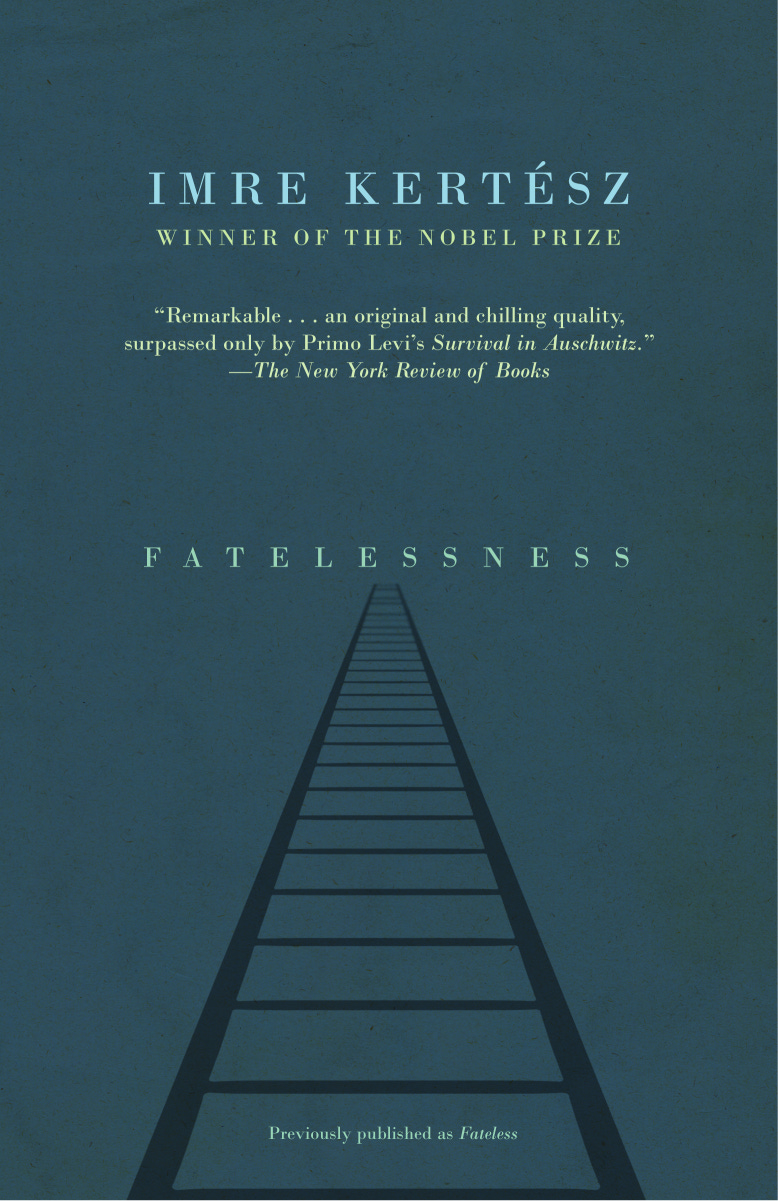
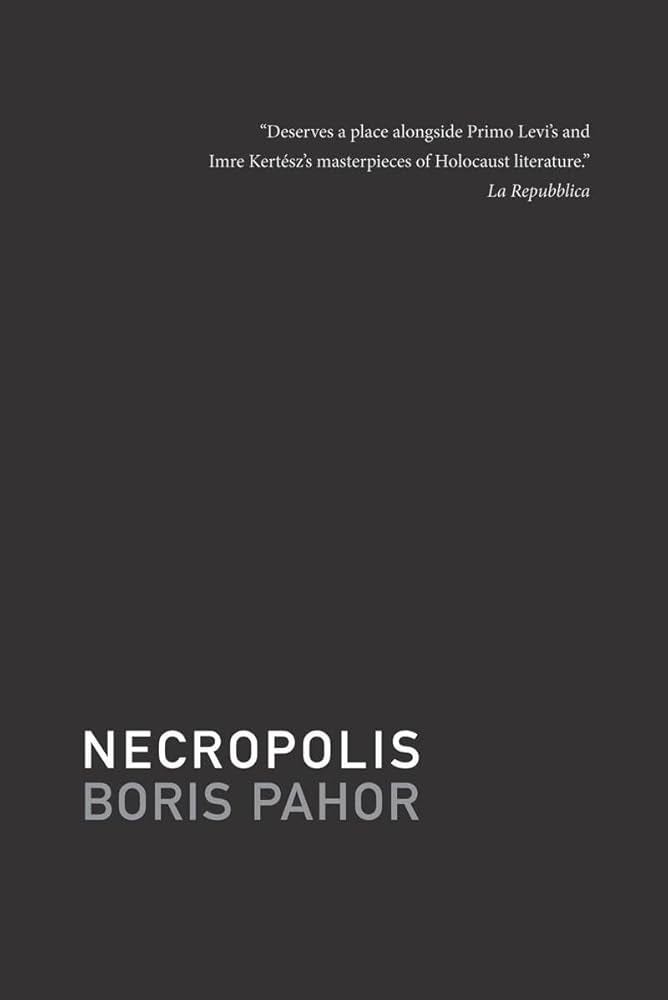
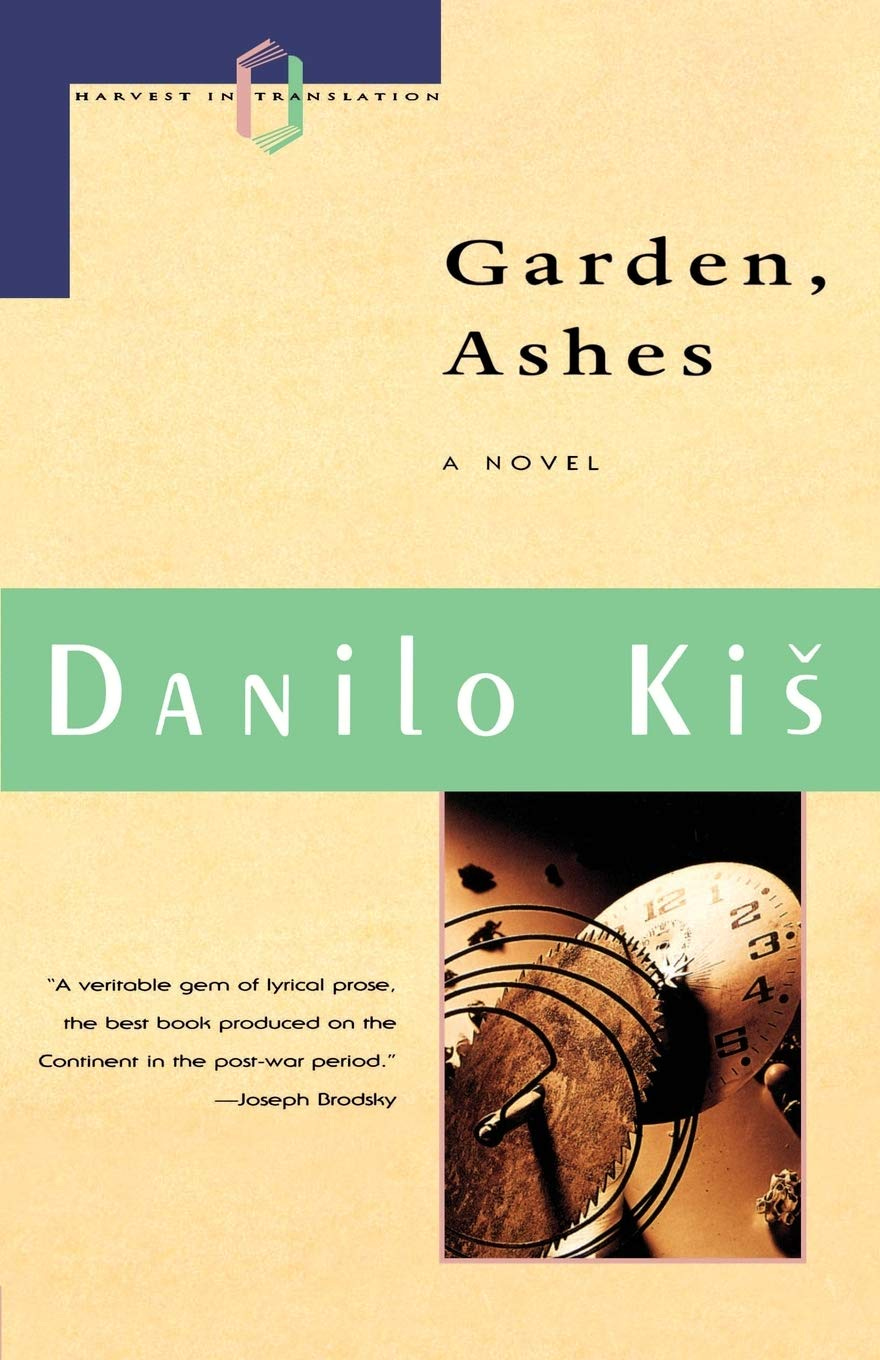
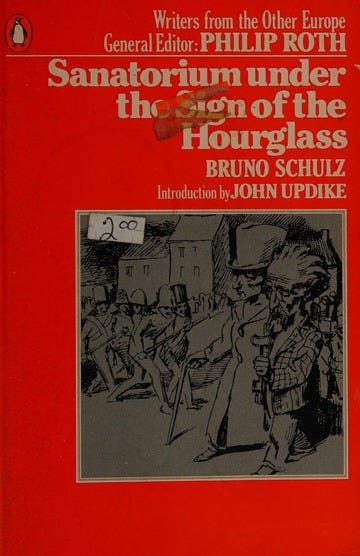

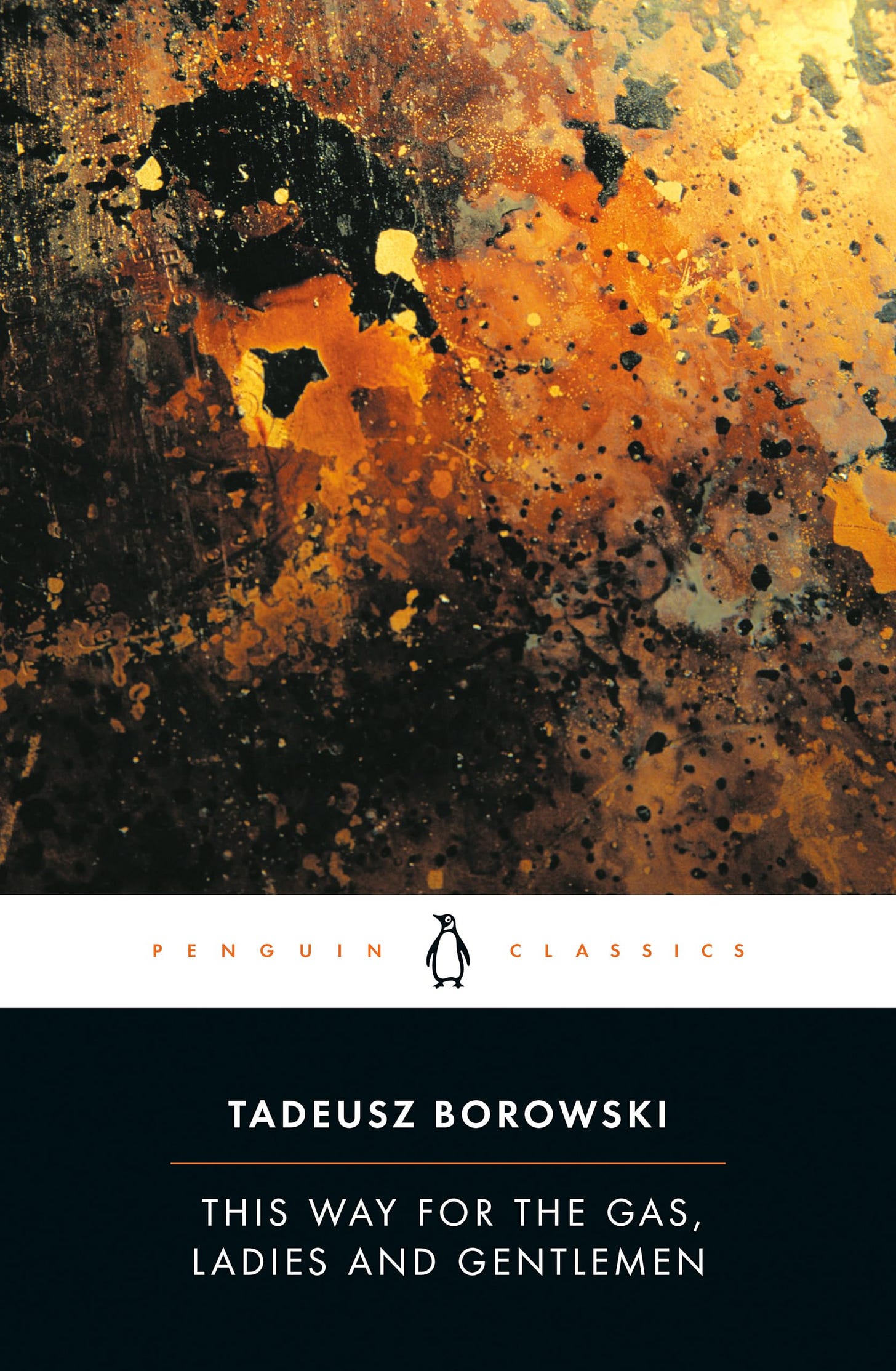
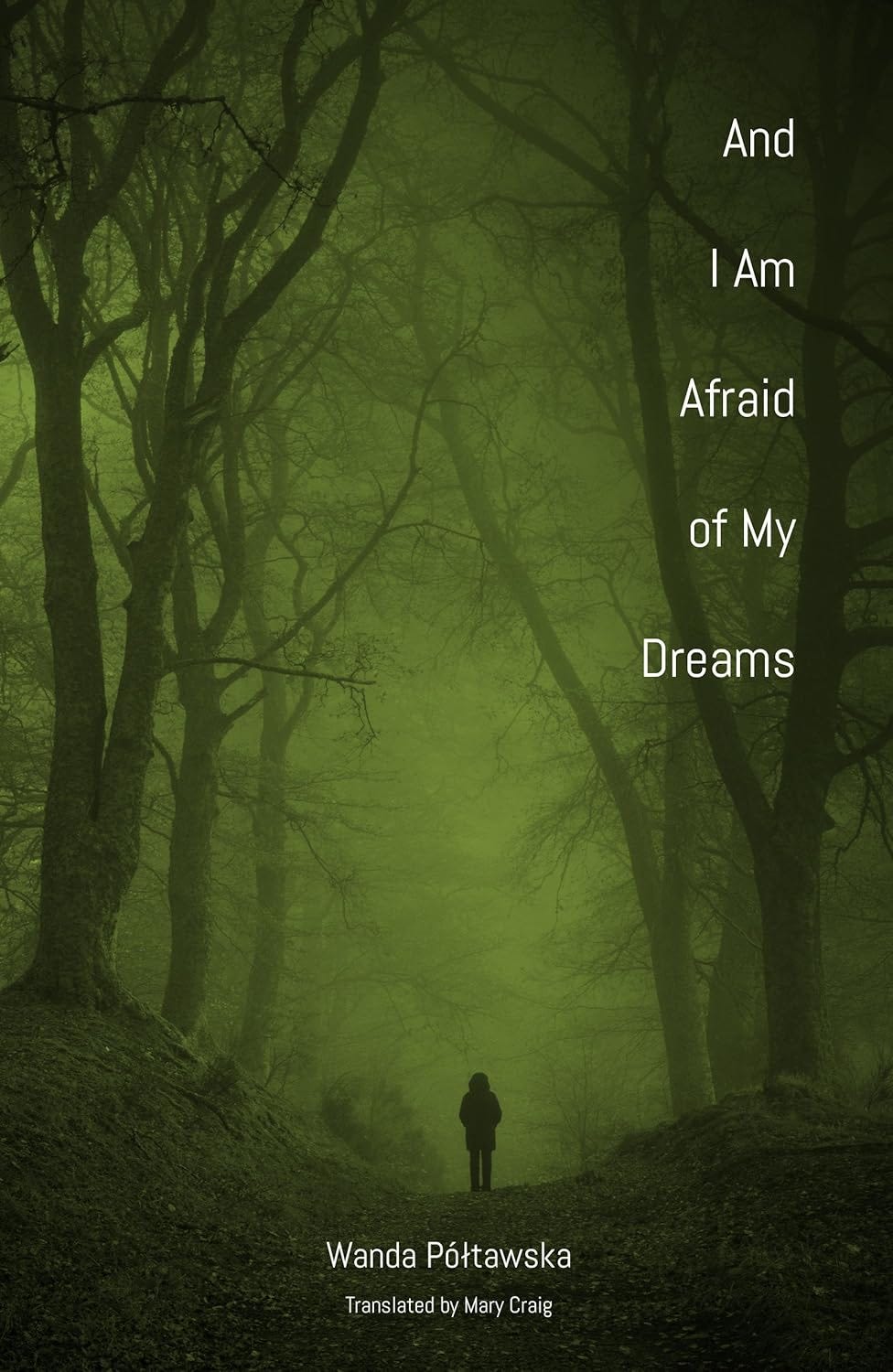
also some novels on the Japanese invasion of Manchuria, Korea and so on should be considered, perhaps, since Stalin (d1952)was a little dubiously mentioned
Every book here is excellent -- I strongly urge everyone to read Bruno Schulz. There is a trilogy by Alexsandr Tisma (published by NYRB) that covers aftermath. Also, not Holocaust, but not unrelated, the Hungarian novelist Peter Nagy has an incredible novel called book fo Memories which is about many things but very evocatively about Hungary during Stalin's Eastern bloc control that covers many of these same themes of survival and resistance. Finally, the Hungarian poet Szilard-Borbely wrote a novel/autofictional account of his family's experience in rural Hungary in the 60s and 70s as despised minorities: The Dispossessed.